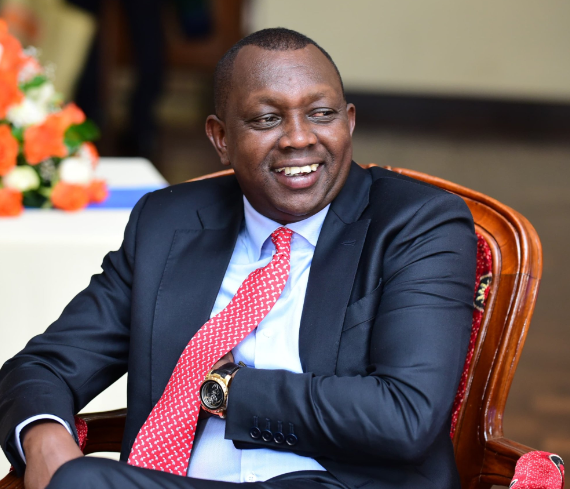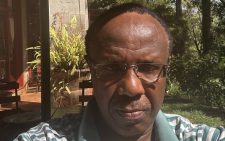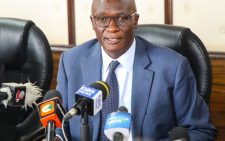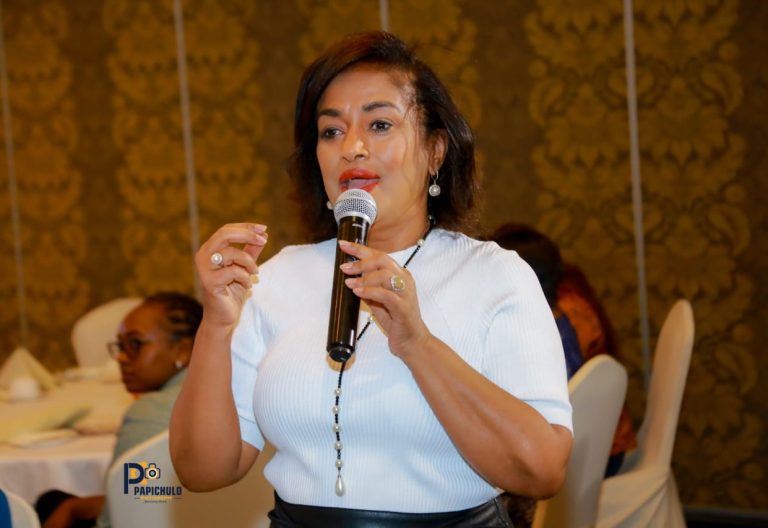Finally, it could be ‘Raila tosha’ this time round
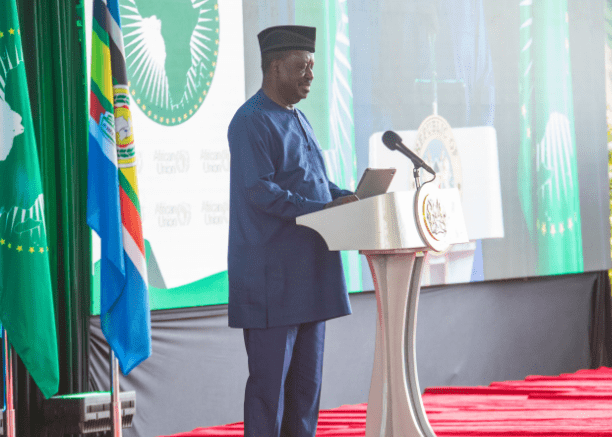
The position of the African Union Commission (AUC) chairperson is one of the most influential roles in African politics and diplomacy.
The chairperson leads the executive branch of the African Union (AU), shaping the continent’s political, economic, and social agenda. Here’s what’s at stake in this position.
The first is continental leadership. The AUC chairperson plays a critical role in setting the agenda for the AU, influencing policies on issues such as peace and security, economic development and integration.
Second is crisis management. The chairperson is often at the forefront of addressing conflicts, mediating disputes, and coordinating responses to crises across Africa. This role requires diplomatic skill and the ability to navigate complex political landscapes.
Third is, economic development and integration, particularly through the African Continental Free Trade Area (AfCFTA). The chairperson oversees the implementation of key initiatives like the AfCFTA, which aims to boost intra-African trade and economic cooperation. Successful leadership can enhance economic integration and development across the continent.
Fourth, the AUC chairperson influences major infrastructure projects such as transportation, energy, and digital networks, which are crucial for Africa’s development.
The chairperson represents Africa in global forums, advocating for African interests on issues like climate change, trade, and global governance. Strong leadership can enhance Africa’s influence on the global stage.
The chairperson plays a key role in managing relationships with international partners, securing aid, and fostering strategic partnerships that benefit the continent.
The chairperson is often involved in peacekeeping and conflict resolution efforts across Africa. The role includes overseeing AU peacekeeping missions and working with member states to prevent and resolve conflicts.
Addressing terrorism and extremism in Africa is also a significant responsibility, requiring coordination with regional and international partners.
The chairperson can influence governance standards across the continent, promoting democracy, human rights, and the rule of law.
The chairperson oversees election observation missions, which can impact the legitimacy of elections and governance in member states. The chairperson has the power to initiate and implement reforms within the AU Commission to improve efficiency, transparency and accountability.
Former Prime Minister Raila Odinga is a well-known figure in African politics. Raila could technically be eligible for the AUC chairperson position if he meets the necessary qualifications, which typically include a strong background in diplomacy, leadership in government or international organisations, and the ability to garner support from a majority of AU member states.
Raila has considerable experience in government, conflict resolution, and as a mediator for the AU, which could make him a viable candidate.
The role requires broad support from African heads of state and governments. Raila’s ability to secure this support would depend on his relationships with various leaders and his standing within the AU.
The political dynamics within the AU and the member states’ preferences play a significant role in the selection process. Raila’s candidacy would need to align with these dynamics.
While he has the experience and qualifications that could make him a strong candidate, the actual possibility would depend on numerous factors, including political alliances and the AU’s internal decision-making processes.
— The writer is a PhD student in International Relations



